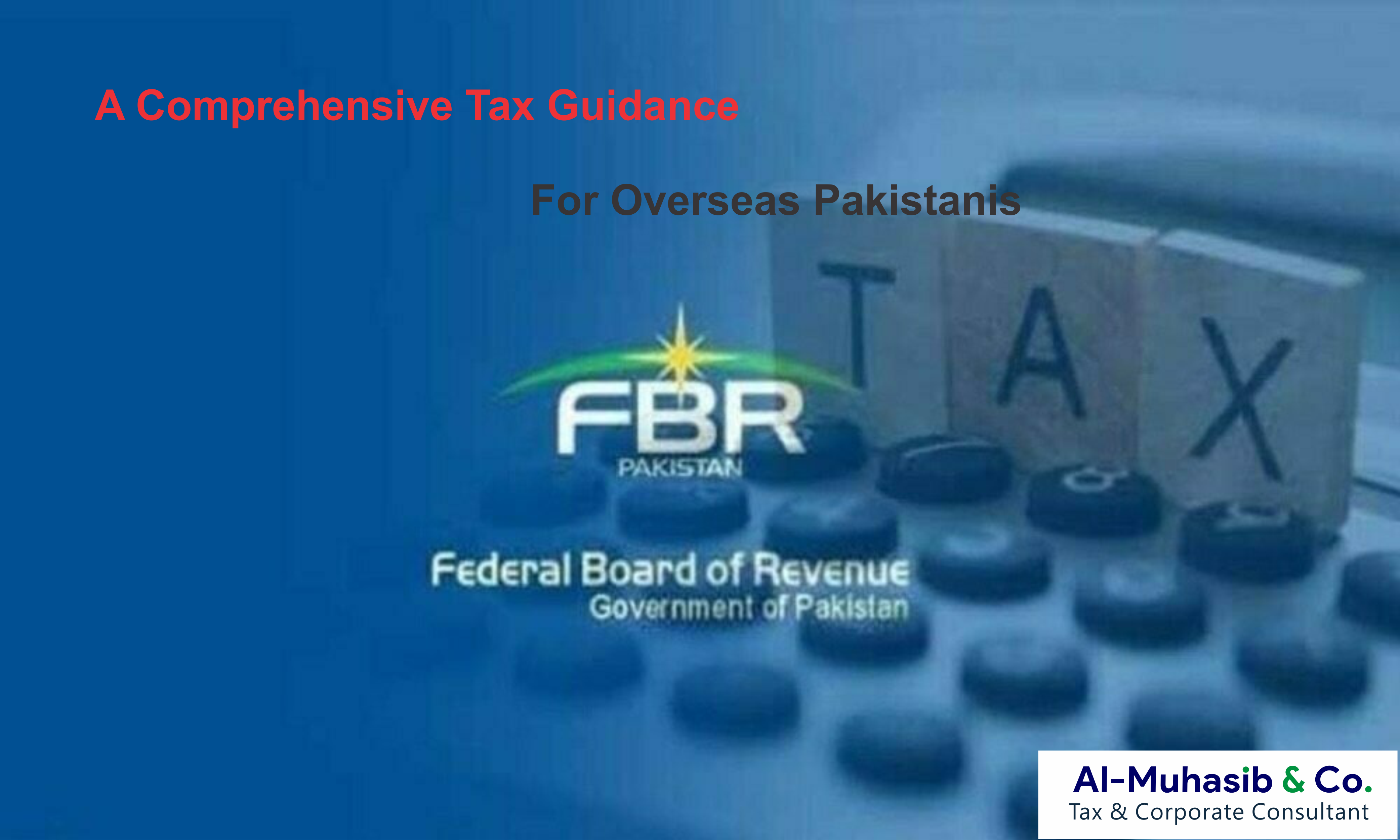 This article is a comprehensive tax guidance for overseas Pakistanis. If you are planning to move out of Pakistan or are already outside the country, you will definitely want to know how much tax is levied on your foreign income, whether it is earned abroad or remitted to home? Similarly, if you are residing outside the country and want to invest or buy something in the country, then you will definitely want to know how much tax will be levied on it.
This article is a comprehensive tax guidance for overseas Pakistanis. If you are planning to move out of Pakistan or are already outside the country, you will definitely want to know how much tax is levied on your foreign income, whether it is earned abroad or remitted to home? Similarly, if you are residing outside the country and want to invest or buy something in the country, then you will definitely want to know how much tax will be levied on it.
Will overseas Pakistanis be taxed on their income?
Whether any foreign income will be taxed or not depends on the resident status of that individual. If he is resident, then both his foreign source income and local source income will be taxed. A non-resident individual will be taxed only on his local income; his foreign source income will not be taxed.
Which Pakistanis will be resident and which non-residents?
If a person stayed in the Pakistan for more than 183 days, he will be considered a resident, but if he stayed outside the country for 183 days or more, he will be considered a non-resident.
A person can be a resident in any one year but not necessarily in the second year as well. He may be a resident in the first period, not in the second, and then again a resident in the third period. It all depends on how many days he stays in Pakistan in a single financial year.
Tax concessions for overseas Pakistanis
If a person has been a non-resident in the last four years and wants to return to Pakistan, then the income of both the years in which he returned to Pakistan and the period following that, will be exempt from the tax.
For example, if he is a non-resident in the financial years 2015, 2016, 2016 and 2017, then his foreign income will be exempt in the financial years 2018 and 2019.
According to the taxation laws of the country, each financial year is different from the next and each year is taxed under the relevant Finance Act of that period. The financial year starts from 1st July and ends on 30th June.
A comprehensive tax guidance for overseas Pakistanis : Example
For example, if we talk about the financial year 202526, then all income and transactions from 1st July 2025 to 30th June 2026 will be taxed as per the Finance Act 2025. Similarly, all transactions from 1st July 2024 to 30th June 2025 will be taxed as per the Finance Act 2024. another example: For the financial year 2025, the tax levied on the sale of property has been reduced from 3.5% to 1.5%. This means that the same new rate of 1.5% will be applicable on all relevant transactions from 1st July 2025 onwards.
Taxation on the income of those working or business persons in Pakistan
If you are working in Pakistan, whether your employer is present in the country or not, then that salary will be considered Pakistani source income, and will be levied on the salary when it is received.
Business income will be Pakistani source if it is directly or indirectly attributed to a Permanent Establishment. Permanent establishment means that there is a building, an agent, any services, a franchise, a workshop, etc.
If there is a business connection in Pakistan, then the same will be levied on it as on resident Pakistanis. There will be no difference in the tax rate.
Is it mandatory for overseas Pakistanis to file tax returns?
It is not mandatory for non-resident Pakistanis to file annual returns, but the Commissioner of FBR has the power to issue a notice to you and ask you to file a return if he deems fit. If you have an NTN and you later move out of the country, you may still be required to file a return because your NTN is registered.
Tax exemption for non-resident Pakistanis
If you are overseas and want to buy a property in Pakistan, you can get a tax exemption provided you become a filer and submit your returns to the FBR. The FBR has introduced a special procedure for overseas Pakistanis who are going to buy a property. Under this procedure, they will have to pay less tax.
If you need any further please get in touch with us through our website by filling out the Contact Us form, or reach out via our social media accounts.


